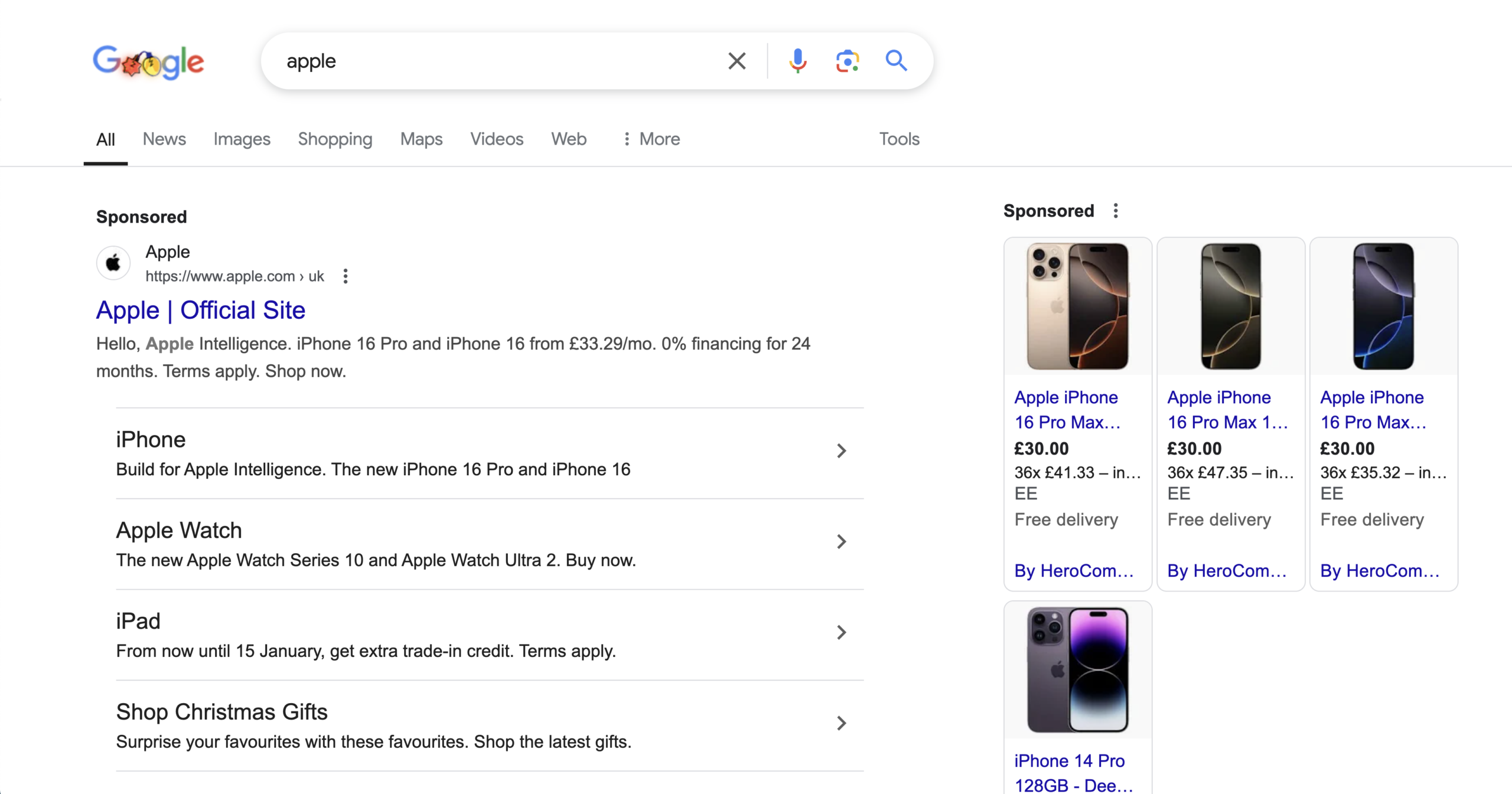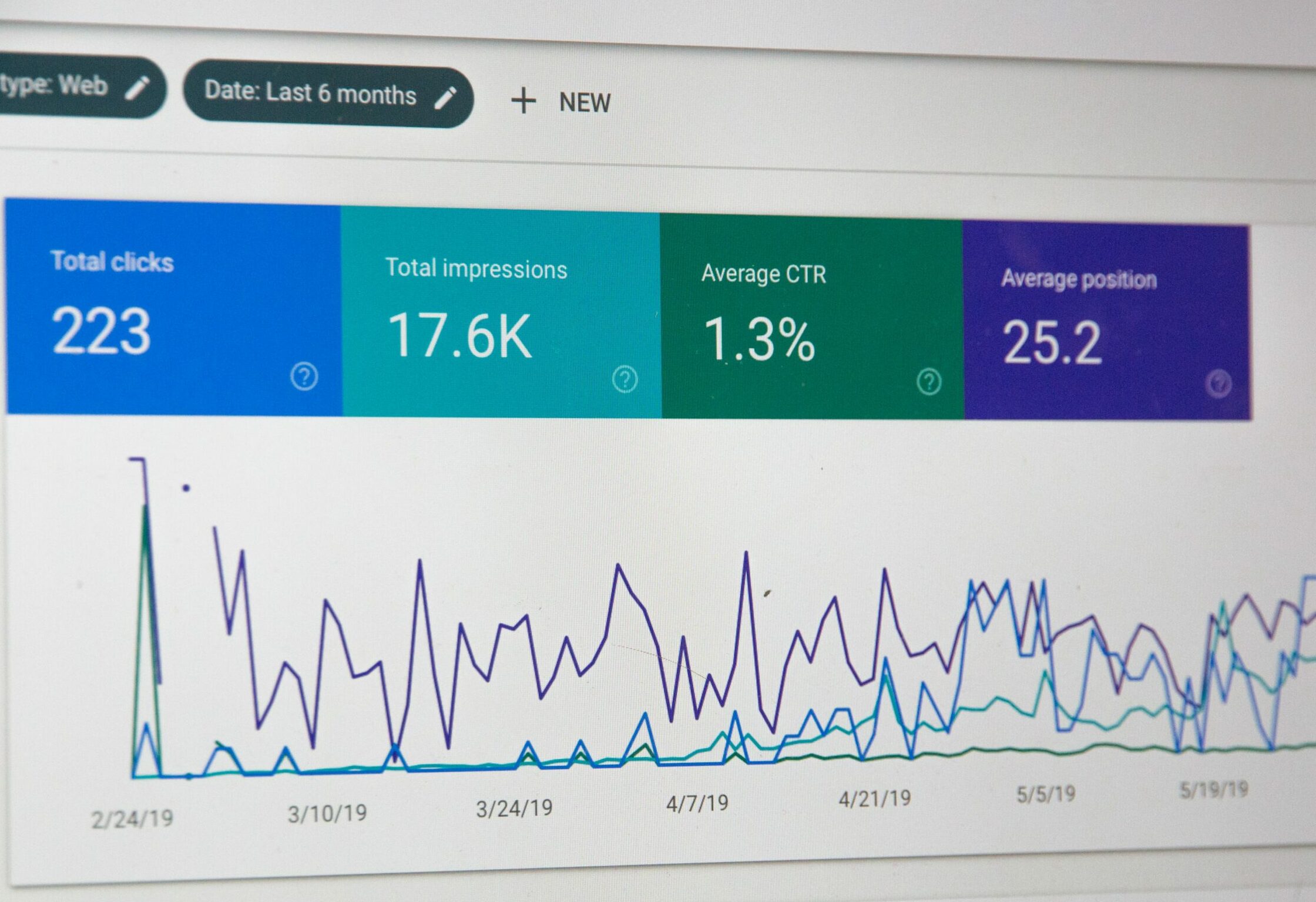Navigating the digital marketplace demands a sharp, results-driven approach to attracting website visitors. For many UK businesses, pay-per-click (PPC) advertising emerges as a transformative tool for driving qualified traffic, boosting brand visibility, and expediting conversions. This beginner’s guide to PPC unwraps the fundamentals, delivers practical advice, and empowers novices with the strategies required to launch and refine successful campaigns. Drawing on pay-per-click advertising basics, the following guide provides accessible steps, key terminology, and actionable insights tailored for new advertisers seeking both clarity and impact.
What is PPC? An Introduction
Pay-per-click (PPC) advertising is a digital marketing model where advertisers pay each time their ad is clicked. Unlike traditional advertising – which often relies on broad exposure – PPC zooms in on audiences already searching for your products, services, or solutions. Ad placements can appear on search engines, social media, or relevant websites, offering measurable and immediate engagement.
In the context of the UK digital space, PPC advertising UK often revolves around Google Ads and Microsoft Advertising as the principal platforms, with supplementary opportunities on Facebook, Instagram, and LinkedIn.
Why Choose PPC Advertising?
PPC wields substantial benefits for beginners and established brands alike:
- Immediate Visibility: Ads can appear at the top of search results or within social feeds the moment a campaign launches.
- Targeted Reach: Filter audiences based on location, demographics, interests, and even the time of day.
- Budget Control: Advertisers set maximum spend limits, ensuring the campaign aligns with available resources.
- Actionable Data: Every click, impression, and conversion is traceable – fueling ongoing optimisation.
By understanding the pay-per-click advertising basics, brands can bypass organic search’s slow build and instantly place their message in front of ready-to-buy consumers.
Key Terms Every PPC Beginner Should Know
Before building your first campaign, grasp these essential PPC concepts:
- Impressions: The number of times your ad is shown.
- Clicks: The number of times users click your ad.
- Click-Through Rate (CTR): Ratio of clicks to impressions; a strong CTR indicates relevant ad copy and audience matching.
- Cost Per Click (CPC): The actual price paid each time your ad is clicked.
- Quality Score: A Google Ads metric assessing ad relevance, expected CTR, and landing page experience – impacting your ad rank and CPC.
- Conversion: A desired action (purchase, sign-up, enquiry) completed after clicking an ad.
- Ad Rank: Determines your ad’s position, influenced by bid amount and Quality Score.
Understanding these terms anchors your journey into PPC marketing for beginners and equips you to interpret performance data.
Setting Up Your First PPC Campaign
Kickstarting your paid advertising efforts involves a structured, goal-driven process:
- Define Objectives: Is your goal generating leads, driving web traffic, or showcasing a product? Goals shape every tactical decision.
- Choose a Platform: Google Ads offers the widest reach; Microsoft Advertising and Facebook Ads provide alternative channels, sometimes with lower costs per click.
- Create an Account: Set up your account – provide billing details and set time zones to synchronise with your business hours.
- Develop Ad Groups: Segment campaigns by targeting, product type, or service for more granular control.
- Craft Compelling Ad Copy: Write clear, benefit-driven headlines and descriptions. Use calls to action like “Book Today” or “Get a Free Quote.”
- Link to Optimised Landing Pages: Ensure your ads direct users to relevant, high-quality pages congruent with your promise.
A stepwise approach to how to start a PPC campaign simplifies the process and increases the likelihood of early success.
How to Choose the Right Keywords for PPC
Keywords anchor every PPC campaign, connecting searchers to your ads. Begin with keyword research tools (such as Google Keyword Planner and SEMrush) to identify high-potential search terms relevant to your business.
PPC tips for beginners in keyword selection include:
- Focus on intent: Target keywords reflecting what your audience wants – such as “emergency plumber Manchester” or “buy organic coffee UK.”
- Use match types: Broad match delivers the widest reach; phrase and exact match types tighten focus and improve lead quality.
- Incorporate negative keywords: Exclude queries that waste your budget, such as “free,” “jobs,” or unrelated locations.
- Monitor and adapt: Regularly review which keywords generate the most conversions and refine your selection.
By following these steps, you undertake one of the best beginner PPC strategies: focusing spend where it matters most.
Budgeting Your PPC Campaign: What You Need to Know
Establishing a budget is crucial for sustainable advertising.
- Daily vs. Lifetime Budgets: Determine how much you’re prepared to spend each day or across the campaign’s duration.
- Bidding Strategies: Manual bidding offers precise control, while automated bidding leverages machine learning to maximise clicks or conversions for your budget.
- Test and Adapt: Start with a conservative budget, assess results, and incrementally scale investment toward the highest-ROI keywords and ad groups.
- Account for Seasonality: Retailers often ramp up budgets during key events such as Black Friday or Christmas.
Proper budgeting, core to PPC advertising UK campaigns, ensures effective spend management and maximises returns for beginners.
Tracking and Measuring PPC Performance
Accurate measurement underpins campaign improvement. Integrate analytics platforms – such as Google Analytics and built-in ad dashboards – to monitor key metrics like:
- Conversion Rate: The percentage of clicks resulting in a conversion.
- Cost per Acquisition (CPA): How much you spend to gain a customer.
- Return on Ad Spend (ROAS): Revenue attributed to your spend – critical for assessing profitability.
- Bounce Rate: Indicates landing page effectiveness; high rates may signal a mismatch between ad promise and content.
Data-driven approaches allow for ongoing refinement. A/B testing ad copies, experimenting with new keywords, and optimising landing pages are all part of how experienced marketers squeeze more value from every pound invested in PPC marketing for beginners.
Common Mistakes to Avoid When Starting PPC
Every beginner faces hurdles. Avoid these pitfalls:
- Neglecting Negative Keywords: Without exclusions, budget drains on irrelevant clicks.
- Ignoring Quality Score: Poor ad relevance leads to higher costs and lower positions.
- Broad-Stroke Targeting: Unrefined location or demographic filters dilutes budget and reduces relevance.
- Overlooking Mobile Users: Mobile-optimised landing pages are vital, especially in the UK where over 80% of internet users access via smartphones.
- Failing to Review Search Terms: The actual queries triggering your ads inform vital adjustments and new keyword opportunities.
- Setting and Forgetting: PPC is dynamic; regular reviews and optimisations prevent money-wasting stagnation.
Learning from these early errors builds the foundation for lasting success.
Conclusion
Mastery of pay-per-click advertising basics need not be daunting. By applying the insights and PPC tips for beginners outlined above, UK businesses and aspiring advertisers can confidently execute campaigns that spark real, measurable growth. Begin with clear objectives, choose your keywords wisely, mind your budget, and relentlessly refine your approach. With this structured guide, anyone can unlock the full power of paid search and forge a path toward sustained digital triumph.






